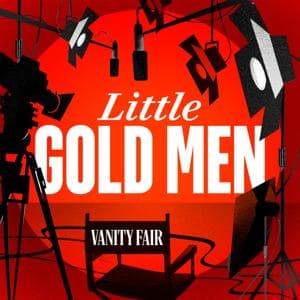Carlos Rafael Rivera (The Queen's Gambit, Hacks) is one of the few composers my mom has asked me about, so I'm extra excited to have him join the show! Carlos's latest project is Department Q, his fourth series with writer-director Scott Frank (joining Godless, The Queen's Gambit, and Monsieur Spade, as well as the film A Walk Among The Tombstones). Normally this is where I'd say something like "unsurprisingly, we spend most of our time talking about that score", but that's not the case here. Instead, we spend most of the interview dancing around Department Q, whether it be talking about his career working with Scott Frank (going back to when he taught Scott guitar in the early 2000s), the changing nature of friendships as you age, or 80s thrash. Ultimately everything goes back to Department Q, but not everything is about Department Q.
Carlos's score, and much of his other music, is available on all major platforms. Department Q is currently on Netflix. You can find out more about Carlos on his website.




































